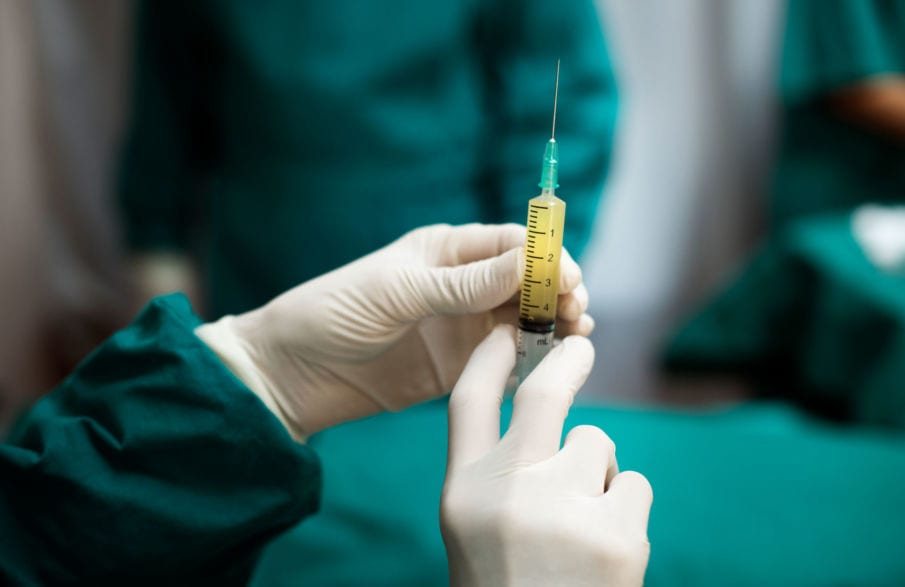Projects: Collaborate.Health
HPV Vaccination in Boston Youth
Engaging youth from underserved populations as peer ambassadors to raise understanding and awareness of HPV vaccination.

Overview
Engaging youth from underserved populations as ambassadors to raise understanding and awareness of HPV vaccination among their peers. Included development of a mobile app to foster online peer communication, and communication with providers.
Context
Human Papillomavirus (HPV) is a sexually transmitted infection prevalent in the United States. About 79 million people are currently infected with HPV, with almost 14 million newly infected annually. There are several strains of HPV and it is estimated that most sexually active adults will acquire a strain of HPV during their lifetime. HPV is often asymptomatic, however some strains are linked to diseases with higher morbidity and mortality rates such as cervical, vaginal, and anal cancers. There is no cure for HPV. Vaccination may prevent HPV infection for those strains most likely to lead to cancer, and is recommended for youth around 11 years of age. However, it is estimated that only about one-third of eligible young women are vaccinated, with lower rates among racial and ethnic minorities. This disparity in vaccination rates can lead to health inequities later in life.
Challenge
Increase overall rates of HPV vaccinations among youth 12-17 in Boston with a focus on racial and ethnic minorities.
Solution
After extensive research and consultations with the partner organization, the proposed intervention targeted youth instead of providers: Youth at Boston Area Health Education Center (BAHEC), a select group from underserved populations who are trained for Boston’s healthcare workforce, were trained to be peer ambassadors and travel to Boston-area schools educating their peers about HPV vaccination. The intervention also included a proposed development of a mobile health app to foster online peer communication and communication with providers.
Results
Students developed and presented wireframes of the mobile health app to the partner organization. After the semester two students interned with BAHEC to lead an Introduction to Public Health course in the summer program. The two students, now MPH alumni, presented at the American Public Health Association Annual Conference in 2016, and are developing the mobile health app.
Project Timeline
This project took six months to complete from kick-off meeting to presentation of final deliverables. Click the button below for a detailed timeline.
View Project Timeline